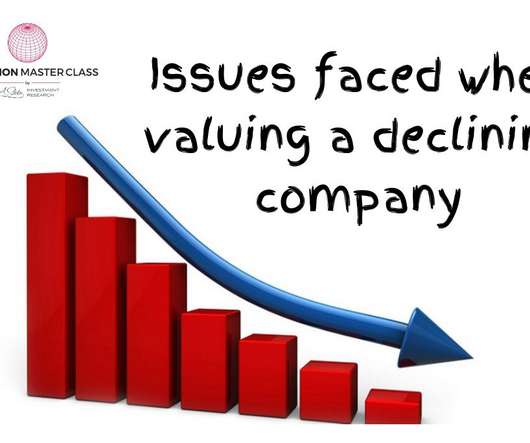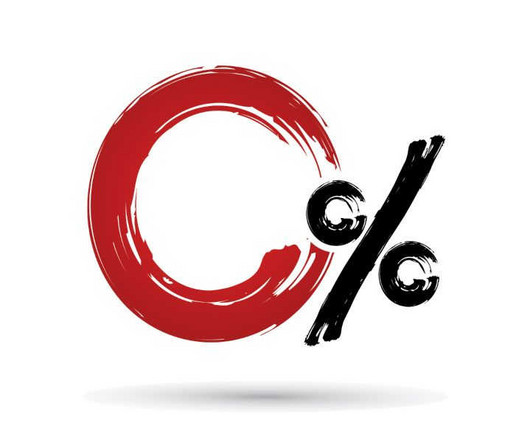Deja Vu #10: Valuation Theory is the Same for Businesses and Business Interests: V =f(CF, G, and R)
Chris Mercer
JULY 15, 2022
Business appraisers routinely use the discounted cash flow model to value entire businesses. Deja Vu #9: Pre-IPO Discounts Do Not Provide Valid Evidence for Marketability Discounts. The Discounted Cash Flow Model for Businesses. The Discounted Cash Flow Model for Interests of Businesses.













Let's personalize your content